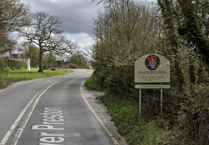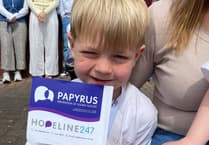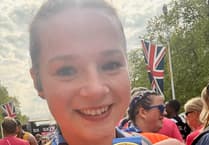THE death of Professor Roland Levinsky, vice-chancellor of Plymouth University, who was struck by a high voltage power cable, has been described as a 'tragic disaster' and a 'great loss' to the region. Prof Levinsky, 63, pictured, was killed while walking his dog on New Year's Day near his home in Wembury, Plymouth. The news has come as a great shock to friends and colleagues and those who campaigned against his controversial decision to close Seale-Hayne College, Newton Abbot. Prof Mark Cleary, deputy vice-chancellor and now acting vice-chancellor, said that staff were 'stunned' by the event, which was in every sense a tragedy. 'This is a time of great sadness and we send our condolences to Professor Levinsky's family. 'He came to the university with a very distinguished record as an immunologist with the mission to develop the institution and make sure it was academically strong.' He said that prof Levinsky had achieved a great deal in a short space of time, collaborating with the city to bring the university on to a single campus. This inevitably involved the taking of hard decisions, including the closure of Seale-Hayne College in April 2005, after a steering group concluded that a scheme for a rural economy centre on the site was not feasible. Jim Hosking, former chairman of the Seale-Hayne Future Group, said it was not appropriate to comment on the closure but that everyone's thoughts went to his family at this time. 'It is a tragic disaster for his family and the university. He has clearly been a very great man in intellect and drive. His death is a great loss to the university and a great loss to the region and we think mainly of his family at this time.' Prof Levinsky took up his appointment at Plymouth University in 2002. Under his leadership the university leapt 33 places to 40th in the Guardian newspaper's ranking of universities. He oversaw the growth of Peninsula Arts, a graduate school and multi-million pound investment in student facilities. Prof Levinsky trained as a doctor, specialising in paediatrics, and worked for several years at Great Ormond Street Hospital for Children. In 1990 he was appointed dean and director of research at the Institute for Child Health in London. In 1999 he became vice-provost for biomedicine and head of the graduate school at University College, London.



